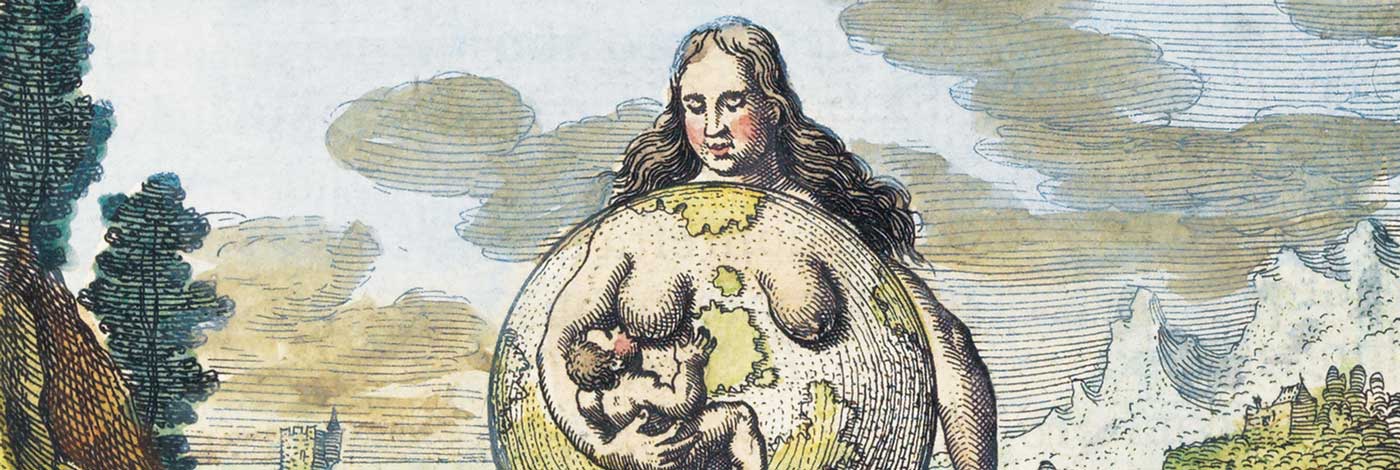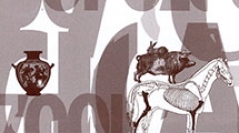

 Anthropozoologica
45 (1) - Pages 149-155
Anthropozoologica
45 (1) - Pages 149-155For more than thirty years now, the research field of cannibalism has known many interesting developments and even sometimes a few bitter arguments. Far from intending to settle the matter, I would just like here to bring up a few medieval elements that could shed a new light on the long tradition and fascination with cannibalism in the West. The complex issue of survival cannibalism illustrates the particular meaning of the theme in a Christian context, while the case of a cannibal king of England underlines the possible existence of “good” cannibals. Such is also the conclusion when examining the strange story of a Christian Saint drinking the blood of her martyr children. But the most “usual” cannibal cannot be avoided, he who dwells in the most remote regions of the known world. A glance through the late medieval description of the world written by John of Mandeville shows how much cannibalism was a common feature of some barely known or completely imaginary people. Thus are created the different categories of cannibalism still widely used today (culinary, funerary, warfare, exo- and endocannibalism), long before Columbus knew of the Cariba.
Cannibalism, anthropophagy, Middle Ages, famine, Richard I of England, Saint Arethas, John of Mandeville.